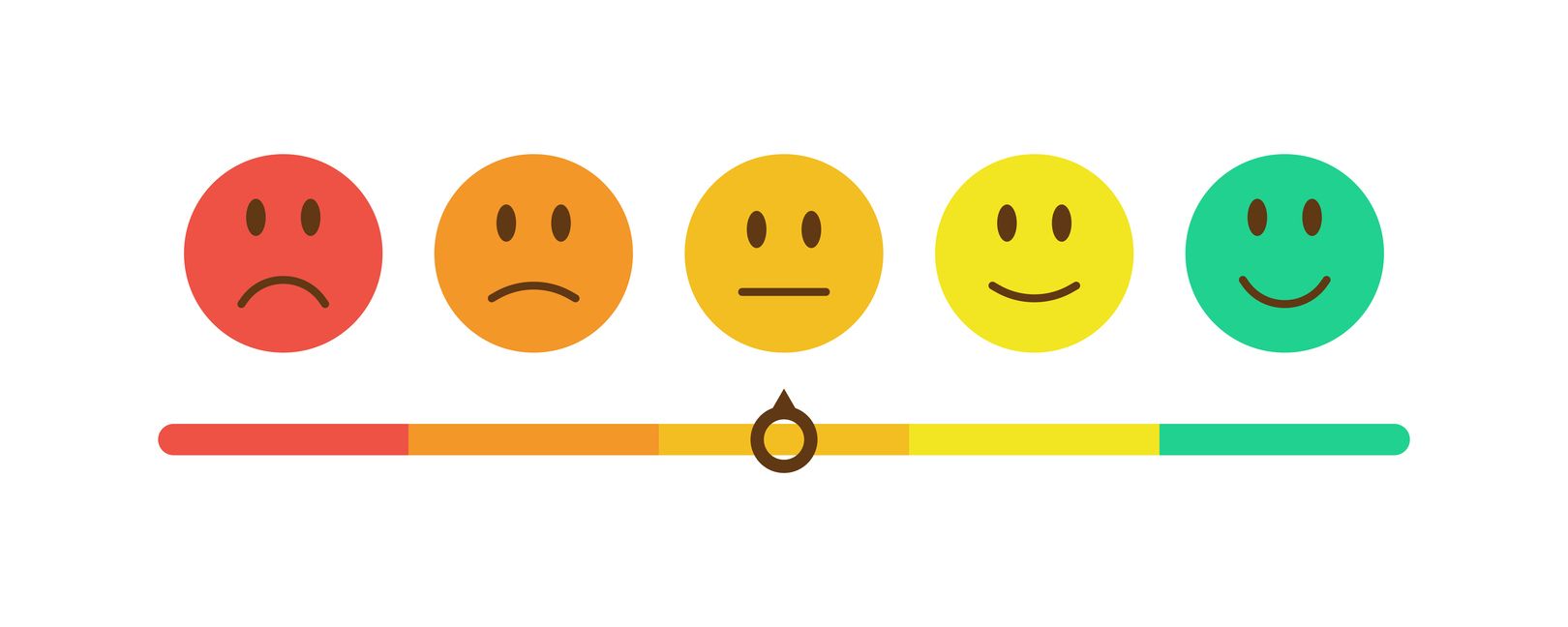Pharmaceutical candidates and recruiters: how to better understand each other from the first exchange
Recruitment in the pharmaceutical industry has become a major strategic challenge. companies are looking to attract increasingly specialized profiles: regulatory affairs experts, clinical trial specialists, biostatisticians, quality engineers, and even health-focused data scientists. these rare talents, highly sought after, know they have options.
Recruiters, meanwhile, face a dual challenge: filling critical positions quickly while maintaining the rigor, compliance, and ethics required in such a sensitive industry. between the need for security and the pressure to innovate, expectations are often misaligned.
This is why the quality of the first exchange between candidate and recruiter is crucial. it is the moment where trust can be built, visions aligned, and the foundation laid for a long-term collaboration. but how can both parties succeed in doing so?
This article explores in depth the levers that allow pharmaceutical candidates and recruiters to better understand each other from the very first interaction.

1. The importance of the first exchange in pharma recruitment
In a competitive market, the first contact serves as a showcase. for the recruiter, it is about presenting the company in a clear and transparent way. for the candidate, it is the opportunity to assess whether the position aligns with their aspirations.
Unlike other industries, pharmaceutical has unique constraints: strict regulations, tight deadlines, and fast-paced innovation. recruiters cannot afford to attract mismatched profiles, while candidates do not want to invest time in a process that won’t meet their expectations.
Within minutes, a sincere and structured dialogue can prevent misunderstandings that later result in failed hires or early resignations.
2. What candidates expect: more than just a job
2.1. Meaning and mission
New generations of scientists and healthcare professionals don’t settle for a paycheck. they want to know:
- what is the concrete impact of my work on patients’ lives?
- how does this project contribute to therapeutic innovation?
- what is the company’s vision for access to treatment?
A recruiter who can answer these questions immediately stands out.
2.2. A smooth and respectful candidate experience
Candidates often complain about long, opaque recruitment processes and radio silence after interviews. they expect:
- a clear and efficient process,
- regular feedback,
- constructive responses, even in case of rejection.
The candidate experience is perceived as a direct reflection of company culture.
2.3. Opportunities for growth
in a sector being reshaped by ai, gene therapies, and decentralized clinical trials, candidates want assurance that they can learn, evolve, and not remain stuck in a static role.
2.4. Work-life balance
the pandemic accelerated expectations of flexibility: partial remote work, adaptable hours, and a corporate culture that respects mental health. Even in pharmaceutical industry long perceived as rigid these demands have become non-negotiable.
3. what recruiters are looking for: security and adaptability
3.1. Certified technical skills
In pharmacovigilance, regulatory affairs, or quality assurance, there is no room for improvisation. degrees, certifications, and hands-on expertise are primary selection criteria.
3.2. Integrity and rigor
In an industry where errors can affect public health, integrity is essential. recruiters want candidates who respect compliance and quality standards without compromise.
3.3. The right soft skills
Complex pharmaceutical projects require strong interpersonal abilities: cross-functional collaboration, problem-solving, and clear communication. a technically brilliant profile who cannot work in a team has little chance of being selected.
3.4. Ability to adapt
With constant change, recruiters want professionals who can learn quickly, adopt new tools, and thrive in multidisciplinary environments.
4. Why does the dialogue often fail?
Despite good intentions, the first exchange sometimes leads to misunderstanding. common causes include:
- overselling the role to attract candidates, creating disappointment later,
- candidates embellishing their background out of fear of not matching expectations,
- lack of preparation on both sides,
- power imbalance, where candidates feel they are only being evaluated, not heard.
The result: a one-sided relationship from the start, which weakens the rest of the recruitment process.
5. levers for better understanding from the start
5.1. transparency as a foundation
recruiters should dare to share constraints workload, regulatory complexity, tight timelines. candidates, in return, should express their goals and boundaries openly.
5.2. turning interviews into conversations
A good recruiter doesn’t just ask technical questions. they invite candidates to share motivations, doubts, and personal values.
examples of open questions:
- what excites you most about this field?
- what work-life balance are you aiming for?
- which skills do you still want to develop?
5.3. valuing potential over a perfect résumé
In a competitive market, non-traditional backgrounds can be valuable. a former researcher transitioning into data science, or a professional from another healthcare segment, can bring unique perspectives.
5.4. investing in candidate experience
A clear, fast, and respectful process sends a strong signal: we value your time and commitment. even a well-explained rejection reinforces a positive employer brand.
6. Case studies: when the first exchange makes all the difference
Case 1: a transparent biotech
A young biotech seeking a clinical trials expert chose to present the reality of its challenges upfront: limited resources, intense pace, but great freedom to innovate. the candidate, impressed by the honesty and opportunity for impact, accepted the offer despite below-market pay.
Case 2: a pharma giant with a heavy process
Conversely, a multinational lost a top candidate after a six-month recruitment process with little feedback. frustrated, the candidate joined a competitor.
These examples highlight how first exchanges and process fluidity determine success.
7. the role of technology in this dialogue
The digitalization of hr processes is reshaping candidate-recruiter interactions:
- video interviews reduce delays and expand candidate pools,
- applicant tracking platforms provide transparency,
- ai-based matching identifies talent with hidden potential.
But beware: technology must support not replace the human connection in the first exchange.
8. Practical tips for success in the first exchange
For recruiters:
- prepare a clear pitch about mission, challenges, and opportunities,
- ask open questions and listen actively,
- provide visibility on next steps,
- be transparent about constraints.
For candidates:
- prepare relevant questions about the role and company,
- clearly state your expectations and motivations,
- be honest about your skills and limits,
- show curiosity and willingness to learn.
Conclusion: a meeting, not a transaction
Pharmaceutical recruitment is no longer just supply and demand. it is a meeting between two legitimate needs:
- candidates seeking purpose, respect, and growth,
- recruiters seeking rigor, expertise, and reliability.
From the very first exchange, trust can be established if both sides commit to transparency and active listening.
Companies that turn interviews into true conversations don’t just hire the right profiles they build strong, lasting collaborations. in a sector where human impact is at the heart of innovation, the ability to understand each other from the start may well be the ultimate competitive advantage.

FAQ
Why is the first exchange so important in pharma recruitment?
Because it sets the tone of the relationship. candidates assess the credibility of the company, and recruiters evaluate the candidate’s motivation and fit.
What do candidates really want from the first contact?
They want:
meaning and a clear mission,
a respectful and transparent process,
professional growth opportunities,
attention to work-life balance.
What are pharmaceutical recruiters’ top priorities?
They look for profiles that are:
technically certified,
rigorous and ethical,
strong in soft skills (communication, adaptability, teamwork),
able to evolve in a changing industry.
How can misunderstandings be avoided in the first exchange?
Through transparency: recruiters should not oversell roles, and candidates should openly share expectations and motivations.
How can interviews become more collaborative?
By turning them into conversations with open-ended questions about motivation, expectations, and values.




